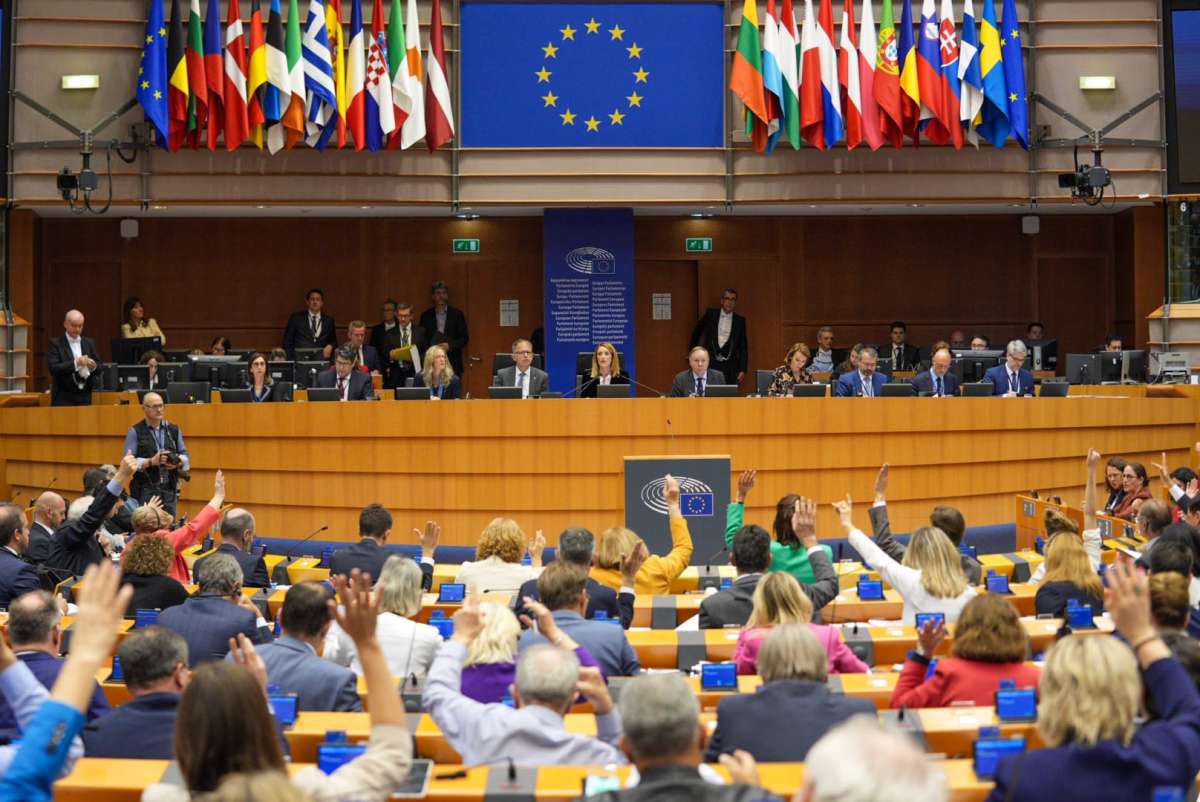Its overall economic benefit was also doubtful and many employers were unable to afford the high fees for using the system, the MAC said…reports Asian Lite News
The committee’s recommendations, if adopted, will frustrate business groups that have lobbied for the SOL to be extended to areas such as hospitality, where many employers have struggled to hire since Brexit.
The government’s migration advisers have called for the abolition of one of the main routes through which employers can hire overseas workers in sectors facing chronic staff shortages.
The Migration Advisory Committee, tasked with reviewing the “shortage occupation list” (SOL) for which visa conditions are loosened, said on Tuesday that the current system was liable to drive down wages and leave workers open to exploitation.
Its overall economic benefit was also doubtful and many employers were unable to afford the high fees for using the system, the MAC said.
“We are not convinced that the SOL is an effective tool to address labour shortages across different occupations and sectors,” said Brian Bell, a professor of economics at King’s Business School and MAC chair.
The committee’s recommendations, if adopted, will frustrate business groups that have lobbied for the SOL to be extended to areas such as hospitality, where many employers have struggled to hire since Brexit.
At the same time, some Conservative MPs — including immigration minister Robert Jenrick — have called for a rethink of the post-Brexit visa system, and in particular the decision to add care workers to the shortage occupation list in early 2022.
Inclusion on the SOL allows employers to hire outside the UK for 80 per cent of Britain’s “going rate” for the occupation, down to a minimum of £20,960 a year — compared with a threshold of £26,200 under the main “skilled worker” visa route. For care workers, the usual skills criteria have also been waived.
Since this change, overseas hiring by the care sector has rocketed, fuelling record net migration. In the year to June, care and senior care workers together accounted for half of all visas granted to skilled workers.
But there have also been widespread reports of abuse by employers who underpaid care workers or charged them inflated “relocation costs” if they sought to change jobs because of poor working and living conditions.
The committee said its review was based on the principle that employers should no longer be allowed to pay wages below the UK going rate.
This meant there would be no point keeping higher paid occupations such as architects or IT technicians on the shortage list, as employers willing to match UK pay rates could already use the main skilled worker route. Nurses and other NHS workers were in any case on a national pay scale.
The shortage occupation list would, therefore, be useful only to employers in low wage sectors, where workers faced a “particularly significant” risk of exploitation, the MAC said.
Constructing a system where migrants were reliant on their visa sponsor to remain in the country increased this risk, it said, adding: “We must not shy away from this — it is an inevitable consequence of such a decision.”
The MAC said care workers should remain on the shortage list for now, despite exploitation concerns, because employers had no real alternative to overseas hiring if government funding was too tight for them to pay competitive wages.
ALSO READ-UK Faces Highest Public Dissatisfaction with Immigration Handling














